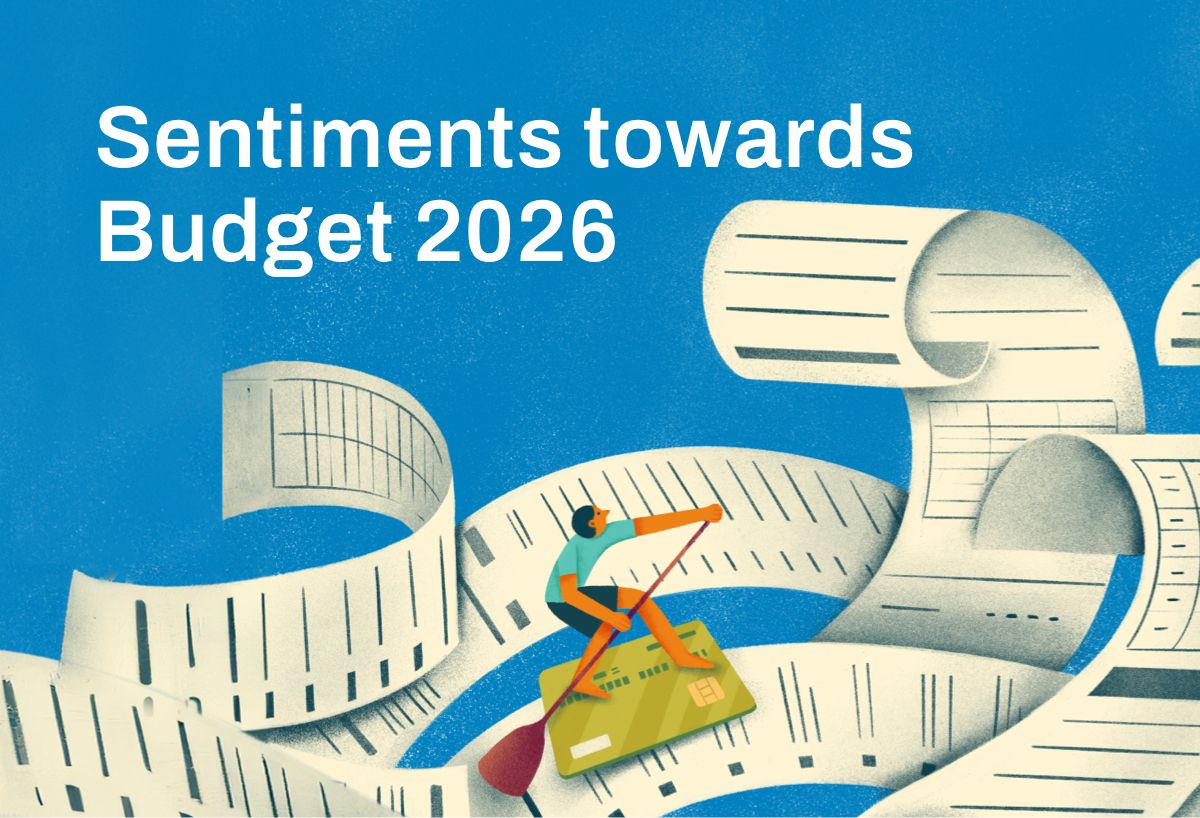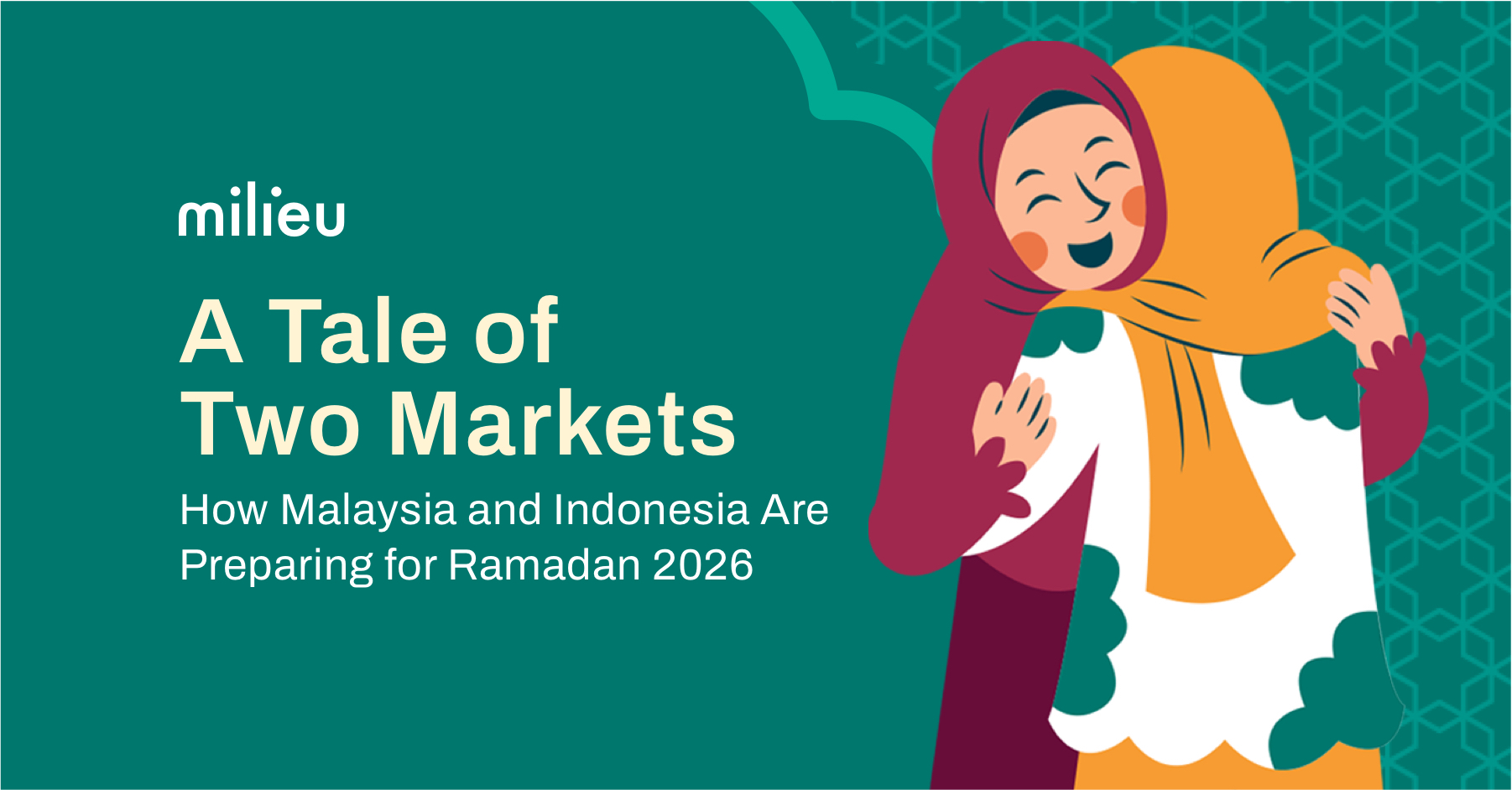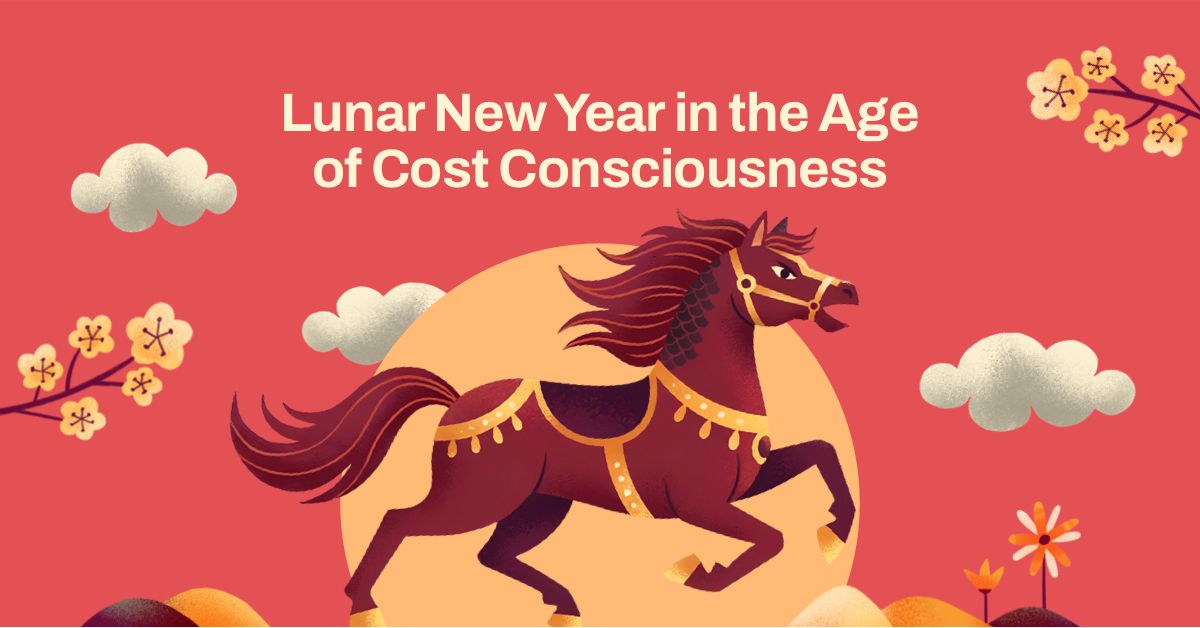Singapore voters react to GE2025 results

Singapore voters react to GE2025 results
Singapore’s General Election 2025 (GE2025) is over, but for many Singaporeans, the conversations are just beginning.
While the final vote counts and seats may have dominated the headlines, what often goes unseen is how Singaporeans felt about the outcome. What emotions did the results stir? What truly influenced the way people voted? And how much trust do citizens place in the newly elected parliament?
Milieu Insight’s post-election study of over 1,000 Singaporeans offers a rare peek into the thoughts and feelings of voters across all age groups.
A nation reflects: How do people feel about the results?
The first question posed was simple: how do you feel about the results of GE2025?
Only 37% of Singaporeans reported feeling positive, with sentiments slightly more optimistic among those aged 55 and above (44%). In contrast, younger voters aged 16–24 and 25–34 felt more negatively (49% and 48% respectively). Neutrality reigned across all groups, with 41% overall saying they neither felt strongly one way or another.
When digging deeper into specific emotions, the picture grew more nuanced.
Those aged 16–24 stood out once again — more likely than any other age group to feel uncertain (17%), frustrated (11%), tired (12%), or ambivalent (14%).
What drove the vote?
While GE2025 sparked an emotional response, what influenced Singaporeans when they cast their votes?
The most commonly cited factor was sound and reasonable policy ideas (36%), especially among younger voters aged 16–24 (46%) and 25–34 (43%). Stability amid global unease was also a strong motivator (35% overall), particularly for older voters aged 55+ (43%).
Other drivers included the desire for a more effective parliament (34%) and an assessment of a party’s ability to manage local constituencies (32%). The need for a more balanced parliament also featured strongly at 33%, reflecting an appetite among voters for political diversity and accountability.
Interestingly, only 14% cited Prime Minister Lawrence Wong’s first election as a party leader as a key influence, suggesting that while leadership matters, it may not have swayed most votes.
And while opposition presence in parliament remained unchanged at 10 members, only a quarter (24%) said that the effects of more opposition were a major influence. Instead, voters seemed more focused on tangible promises and performance.
Was the outcome expected?
The People's Action Party (PAP) increased its vote share from 61% in 2020 to 65% in GE2025. Was this a surprise?
Most Singaporeans said no — 61% felt this result was somewhat to mostly expected. However, 1 in 3 still found it somewhat unexpected, and 7% did not expect it at all.
When it came to the number of opposition members remaining unchanged at 10, 63% said this was expected on a certain level. However, 30% still found it somewhat unexpected, indicating that some had hoped for a shift in opposition representation.
More notably, the drop in the number of opposition parties — from two in 2020 to just one in GE2025 — caught many off guard. Over a third (36%) called it somewhat unexpected, and 11% said it was not expected at all. Younger voters, again, were more surprised by this outcome compared to older age groups.
Satisfaction and skepticism
How satisfied were Singaporeans overall with GE2025?
Only 11% said they were very satisfied. A further 24% were somewhat satisfied. Yet, the majority leaned towards neutrality or dissatisfaction — 42% said they were neutral, while 23% expressed varying degrees of dissatisfaction.
Satisfaction levels were highest among voters aged 55+, with 15% very satisfied and 30% somewhat satisfied. Younger voters aged 16–24 were the least satisfied, with only 5% reporting strong approval of the results.
Confidence in the New Parliament
With the new Parliament sworn in, expectations are high — but confidence levels, as our data shows, are far from unanimous. Voters seem hopeful or positive to an extent, but not entirely convinced that key issues will be addressed with urgency or effectiveness.
Here’s how Singaporeans rated their confidence in the government’s ability to tackle major national concerns:
- Reducing the cost of living: Only 30% felt confident that Parliament would effectively ease living costs. This is the lowest among all issues surveyed — perhaps a reflection of how inflation and price hikes have hit everyday Singaporeans where it hurts most.
- Housing affordability and accessibility: Just 34% expressed confidence here. Despite ongoing policy tweaks and the expansion of BTO supply, the public remains wary — especially younger respondents trying to plan for their first homes.
- Rising healthcare costs: 48% felt confident Parliament could keep healthcare expenses in check. While still under 50%, this suggests relatively higher trust in the system’s ability to manage long-term care and subsidies — possibly thanks to earlier national efforts like Healthier SG.
- Bridging political divides: Only 38% believed the new Parliament would succeed in fostering unity across political lines. As more diverse voices enter the conversation, Singaporeans may be seeking more open and constructive discourse — both within Parliament and across society.
- Navigating geopolitical tensions: Another 48% showed confidence in how Singapore would handle international challenges. While this reflects a measure of trust in the country’s diplomatic track record, it also underscores the need for clear communication on foreign policy and economic resilience in an increasingly volatile region.
Together, these figures don’t signal distrust — but they do point to a cautious electorate. One that is watching closely, expecting the government to not only listen but deliver on its promises in real, tangible ways.
Looking ahead
GE2025 has stirred a spectrum of emotions, from hope to disappointment, from pride to frustration. It revealed deep generational divides in perceptions and expectations, and a cautious public sentiment around leadership and the road forward.
Young voters appear more disillusioned, uncertain, and skeptical of the current political structure. Older voters are more hopeful and more satisfied with the outcomes.
The desire for sound policy, stable governance, and effective constituency management emerged as the top influences on voter decision-making, while party branding and charismatic leadership mattered less than in previous years.
Above all, the electorate is watching. Expectations are high, but so is ambivalence. Whether those in power can rise to the occasion will shape not just the next election, but the evolving story of Singapore’s political future.

Author
Milieu Team
At Milieu, we’re a team of curious minds who love digging into data and uncovering what drives people. Together, we turn insights into stories—and stories into action. We also run on coffee, deadlines, and the occasional meme.





